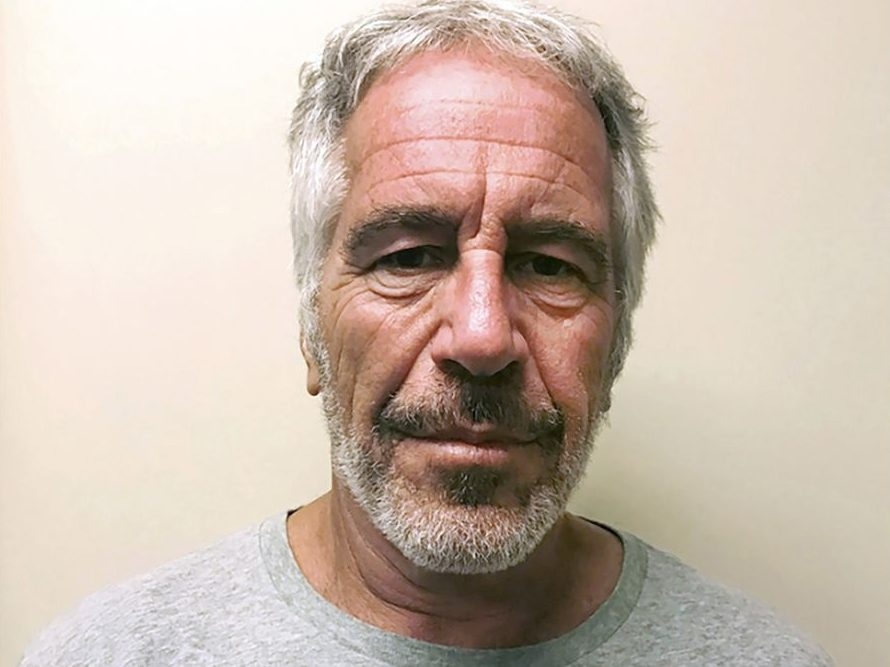The stark reality of capital punishment unfolded once more in South Carolina as Stephen Bryant, a man convicted of a horrific triple murder, met his end by firing squad. At 6:05 p.m. on Friday, within the walls of Broad River Correctional Institution, Bryant’s life was extinguished, marking the third such execution in the state this year.
Bryant, 44, confessed to a chilling series of crimes that began in October 2004. His initial deception – claiming car trouble at the secluded Sumter County home of Willard “TJ” Tietjen – masked a sinister intent. What followed was a brutal act of violence that would set in motion a cascade of further tragedy.
The murder of Tietjen was particularly gruesome. Bryant not only shot him but also desecrated the body, burning his eyes with cigarettes and scrawling a taunting message – “catch me if u can” – on the wall using the victim’s own blood. Tietjen’s daughter unknowingly called her father six times that night, only to be met with a stranger’s voice delivering the devastating news of his death.
Before and after claiming Tietjen’s life, Bryant preyed on two other men. Offering them rides, he lured them to isolated spots under the guise of simple courtesy, then callously shot them in the back as they stepped away from the vehicle. The calculated nature of these acts painted a portrait of chilling premeditation.
Facing his fate, Bryant opted for the firing squad over lethal injection or the electric chair. He offered no final words, briefly acknowledging the ten witnesses before a hood was drawn over his head. His last meal was a surprisingly extensive spread: spicy seafood stir-fry, fried fish, egg rolls, stuffed shrimp, candy bars, and German chocolate cake.
The execution itself was swift and clinical. As the shots rang out, the red bullseye marking Bryant’s heart visibly shifted forward. He took a few shallow breaths, followed by a final spasm just over a minute later. A doctor confirmed his death after a minute-long examination.
The weight of the tragedy was palpable as three family members of the victims stood together, holding hands throughout the execution. Their presence served as a stark reminder of the lives irrevocably shattered by Bryant’s actions.
Defense attorney Bo King presented a harrowing account of Bryant’s troubled past, citing a genetic disorder, severe childhood abuse – both sexual and physical – and the devastating effects of his mother’s alcoholism. King argued that these factors had “permanently damaged” Bryant’s brain and left him unable to cope with the trauma he endured.
Bryant’s execution is part of a renewed wave of capital punishment in South Carolina, which had paused executions for thirteen years due to difficulties in obtaining lethal injection drugs. He is the seventh person to be put to death in the state in just fourteen months, joining Mikal Mahdi and Brad Sigmon, who were previously executed by firing squad this year.
The case serves as a grim reminder of the complexities surrounding capital punishment, forcing a confrontation with the darkest aspects of human behavior and the enduring pain inflicted upon those left behind.






